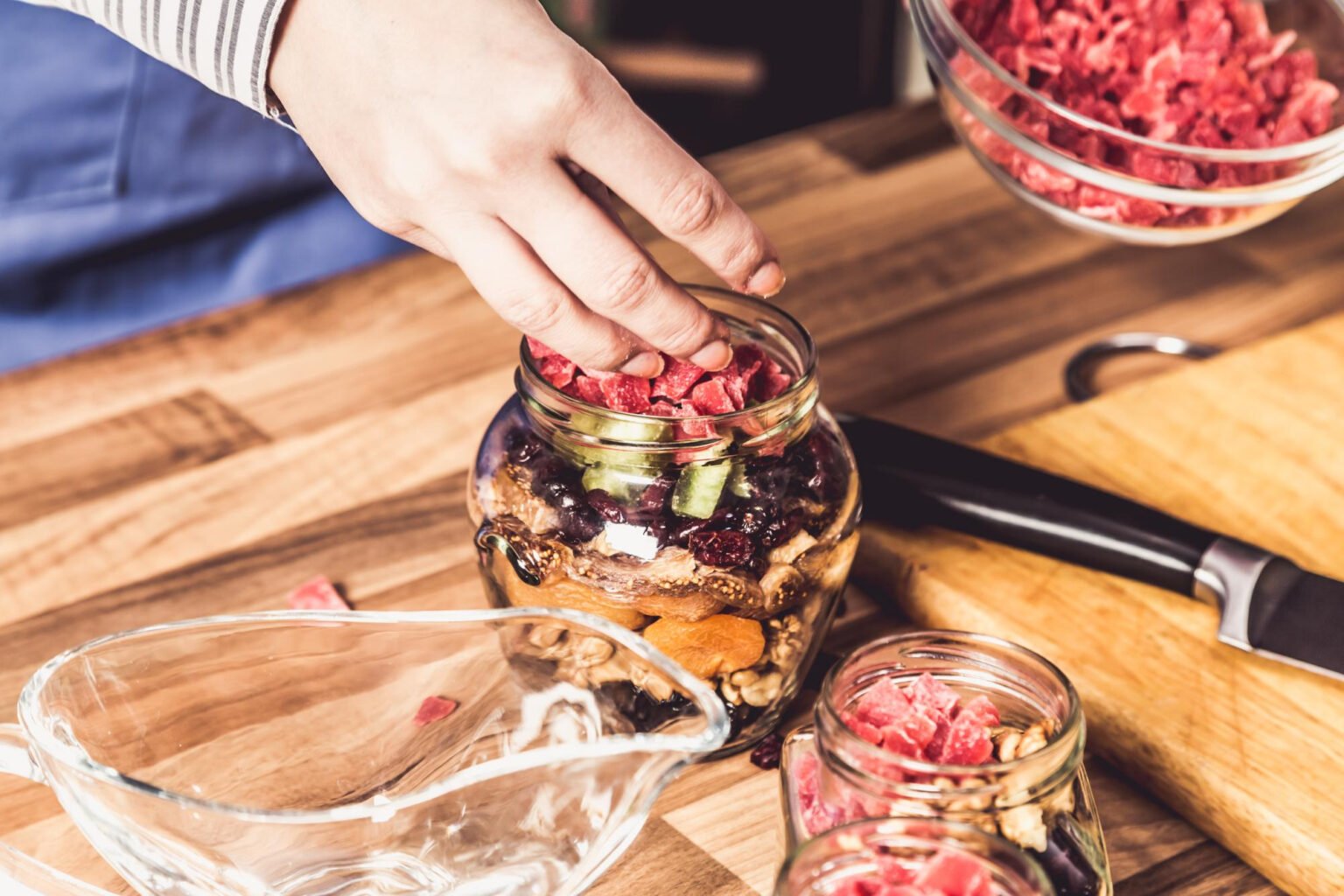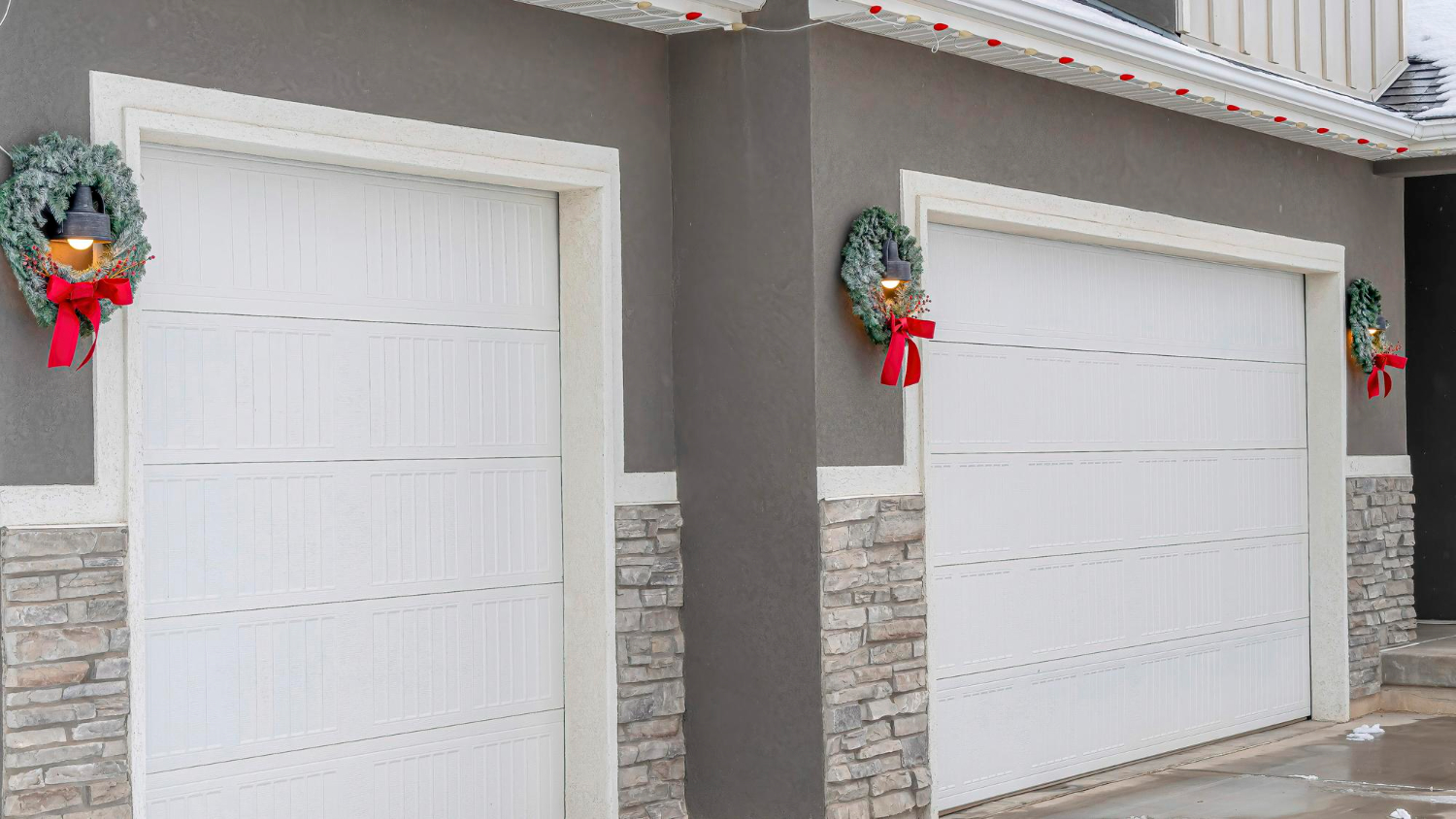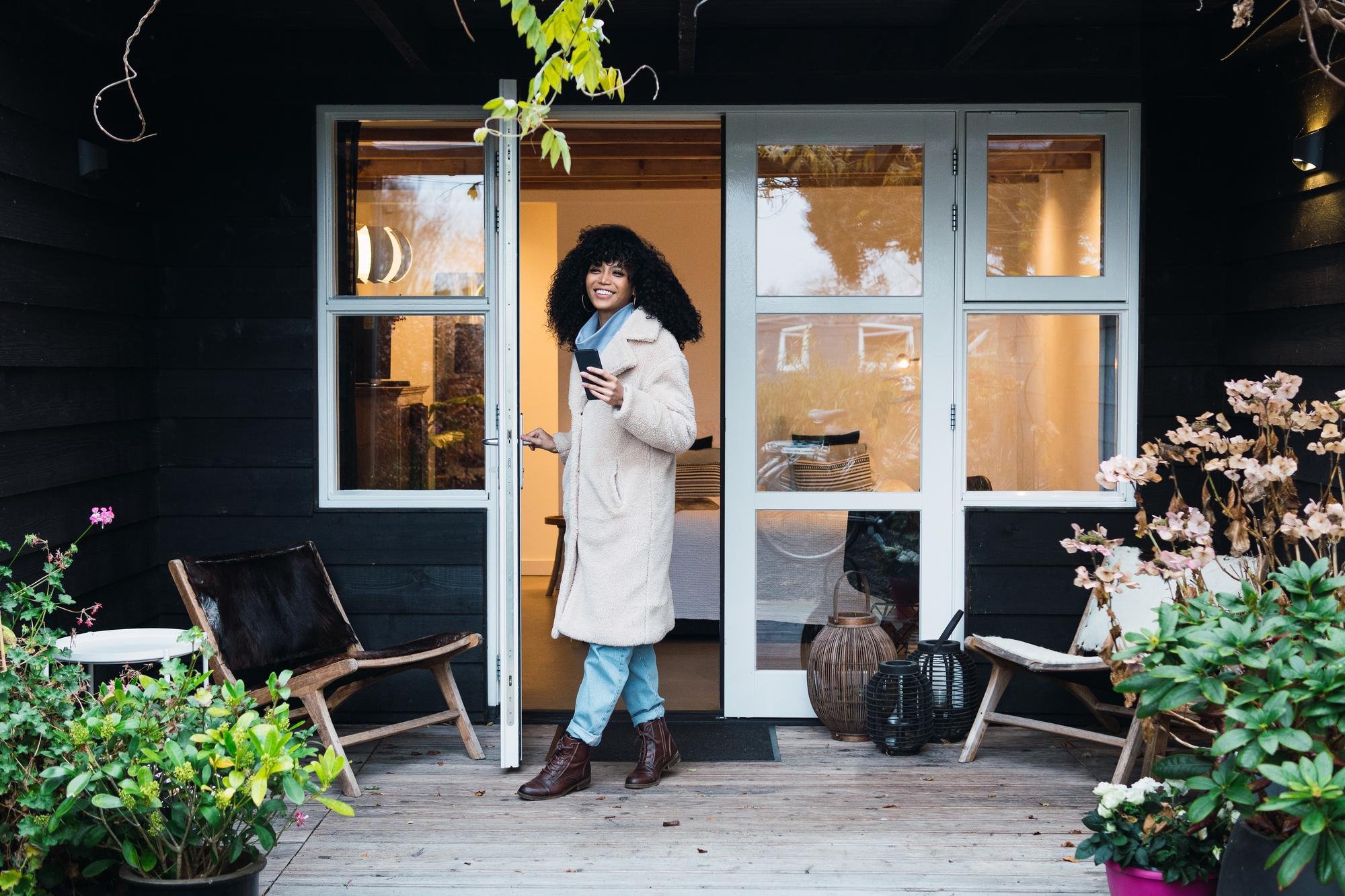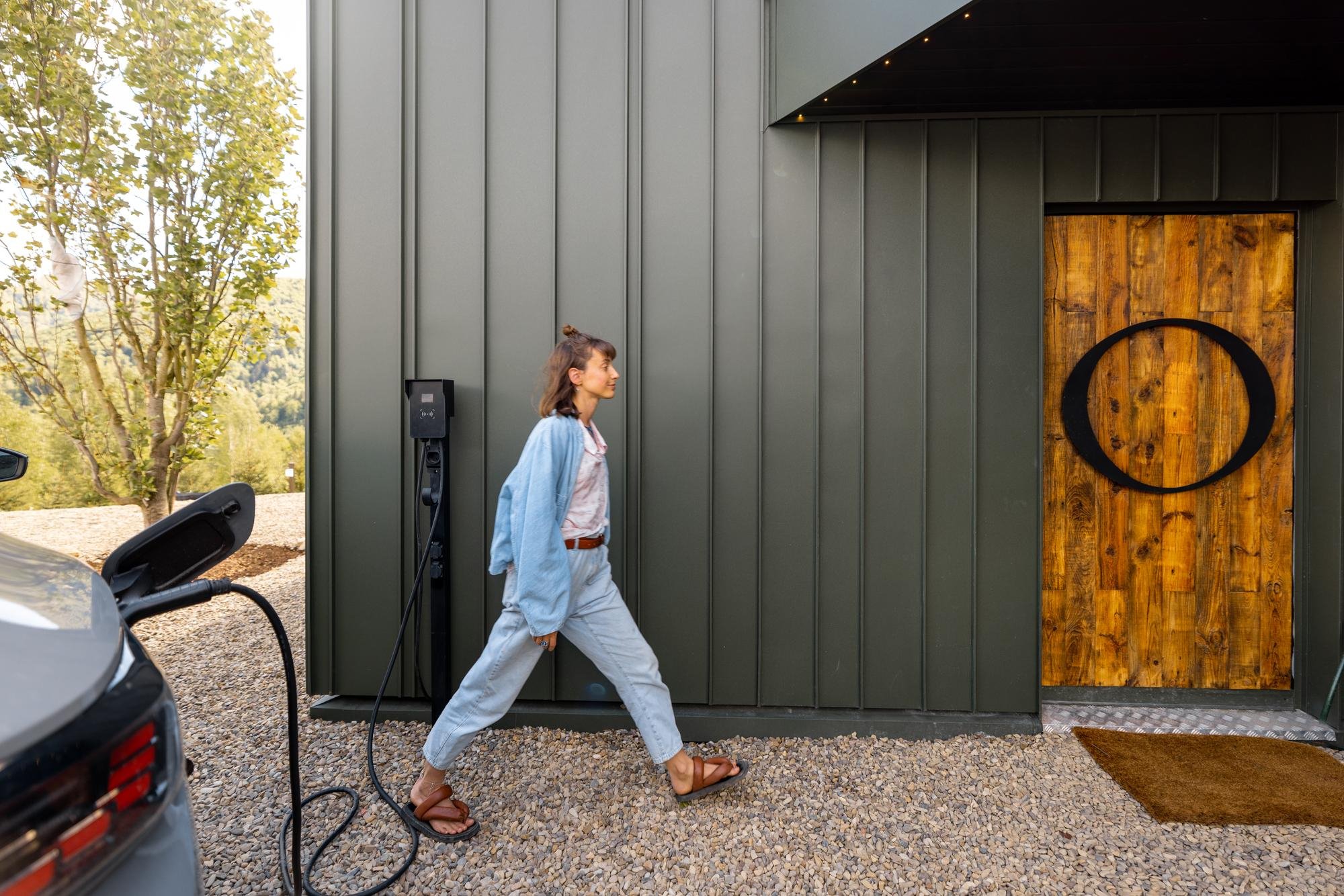Preserving wine after opening is crucial for maintaining its quality and ensuring that every sip is as delightful as the first.
Once a bottle of wine is uncorked, it begins to interact with oxygen, which can significantly alter its taste and aroma.
Understanding how to properly store your opened wine can help you prolong its freshness and enhance your enjoyment.
Table of Contents
ToggleUnderstanding Wine Oxidation
What is Oxidation?
Wine oxidation occurs when oxygen molecules react with the compounds in wine. This process can lead to a range of changes, including a shift in flavour from fruity and vibrant to dull and flat. In extreme cases, it can result in spoilage, making the wine unpalatable.
The Impact of Oxygen on Wine
The effects of oxidation vary between different types of wine. While some wines can benefit from a small amount of oxygen exposure—enhancing their complexity—others, especially delicate whites and younger reds, may suffer from even brief contact with air, leading to quicker degradation.
Essential Tips for Wine Preservation
Proper Storage Techniques
- Re-corking the Bottle: After pouring, securely re-cork the bottle as soon as possible. If the original cork is damaged, consider using a wine stopper designed to create an airtight seal.
- Temperature Control: Store opened wine in a cool environment. Generally, red wines thrive at slightly warmer temperatures (around 55°F to 65°F), while white wines are best kept chilled (around 45°F to 50°F).
- Positioning: Keep bottles upright to minimize the surface area exposed to oxygen. This method helps to slow down oxidation.
Using Preservation Tools
- Vacuum Sealers: These devices remove air from the bottle, significantly slowing the oxidation process. They are a practical investment for wine enthusiasts.
- Inert Gas Systems: Using gases like argon or nitrogen can effectively displace the oxygen in a bottle, preserving the wine without introducing flavours or aromas.
- Wine Stoppers: Investing in high-quality wine stoppers can make a significant difference in maintaining the wine’s freshness. Look for those engineered to create a strong seal.
Tricks to Extend Wine Freshness
Short-term Solutions
- Refrigerating Opened Wine: Storing opened wine in the refrigerator is a simple yet effective method. Chill white wines and lighter reds to slow oxidation, while robust reds can be stored in the fridge for a few days.
- Avoiding Light Exposure: Keep your wine out of direct sunlight or bright artificial light which can break down compounds and impact flavour negatively.
Long-term Strategies
- How to Properly Bottle Your Own Wine: If you’re keen on extended preservation, consider bottling your own wine using proper sanitation techniques and airtight sealing methods.
- The Benefits of Aging Opened Wine Under the Right Conditions: In some cases, selecting wines that age well can enhance their complexity over time, provided they are stored correctly.
Signs of Spoiled Wine
How to Identify If Your Wine Has Gone Bad
Be vigilant for changes in colour, particularly in white wines that may develop a brownish hue. Off-putting smells, such as vinegar-like aromas or mustiness, indicate that the wine is no longer drinkable. A sour taste is also a clear sign of spoilage.
Conclusion
Mastering the art of preserving opened wine is an essential skill for any wine lover.
By implementing these tips and tricks, you can prolong the life of your wine and ensure that each glass remains enjoyable.
Don’t hesitate to explore various preservation methods to find what suits your taste best, transforming your wine experience into a true delight.
FAQs
How long can opened wine last?
Opened red wines can last approximately 3–5 days, while whites typically stay fresh for 3–7 days. Sparkling wines can last 1–3 days, depending on how well they are sealed.
Can you freeze wine for preservation?
Freezing wine is a feasible option, though it may alter the texture and flavour. It is best suited for cooking or making sauces rather than for drinking.
What are the best wines for immediate consumption vs. long-term storage?
Choose light-bodied whites and younger reds for immediate enjoyment. In contrast, full-bodied reds and premium wines benefit from aging, as they can develop richer flavours over time.
By following these guidelines, you’ll be well-equipped to preserve your wine, ensuring that each opening brings joy rather than disappointment. Enjoy experimenting with different wines and techniques to enhance your appreciation of this timeless beverage.









